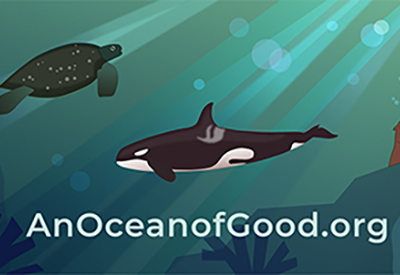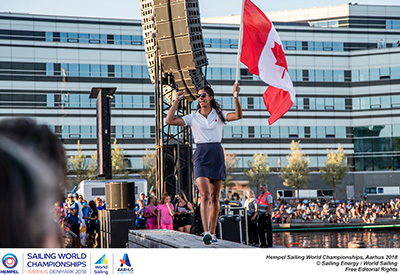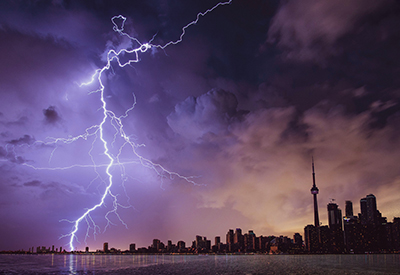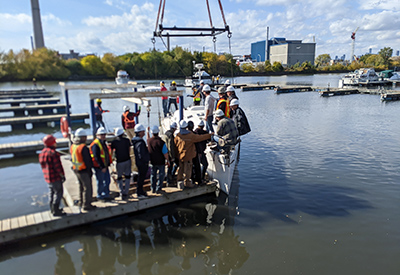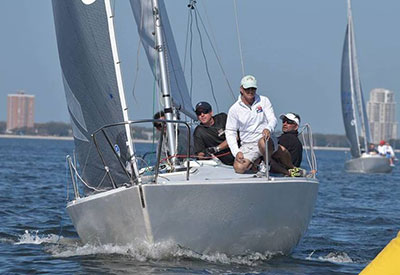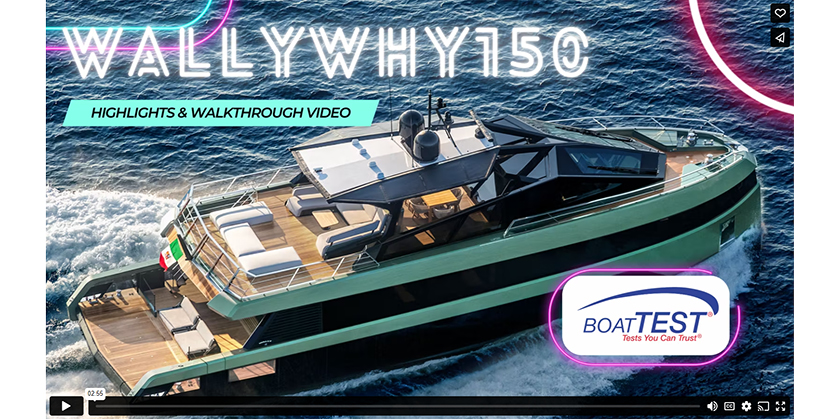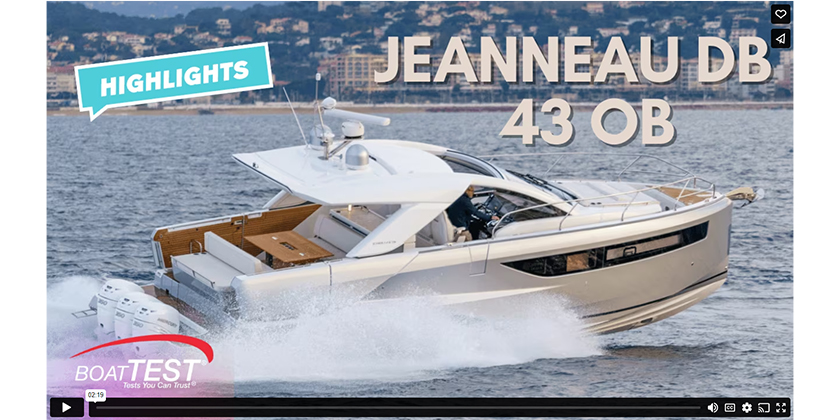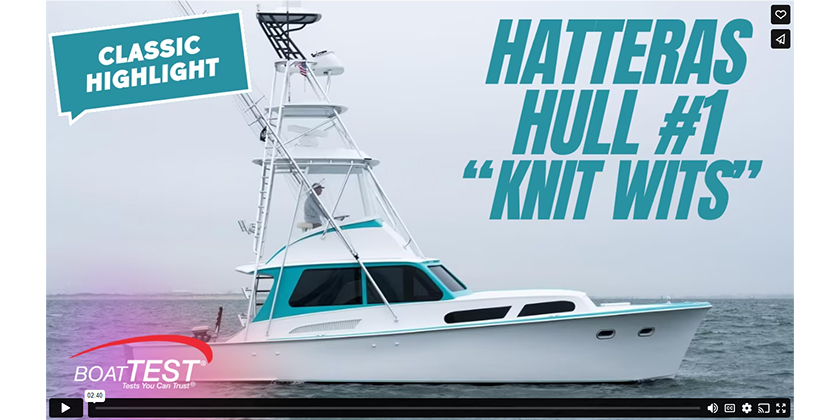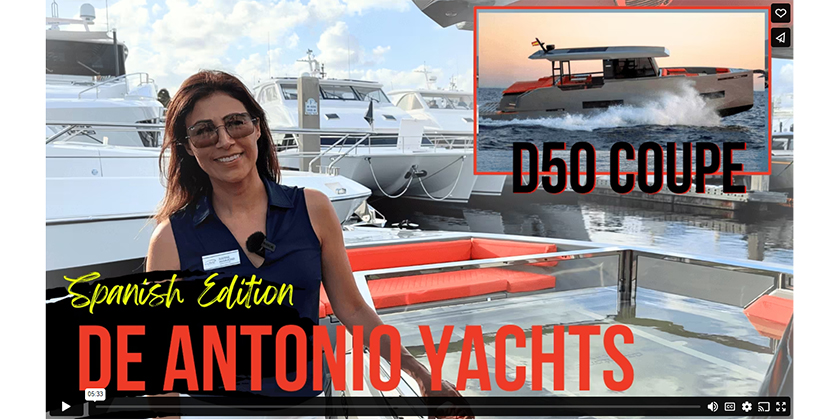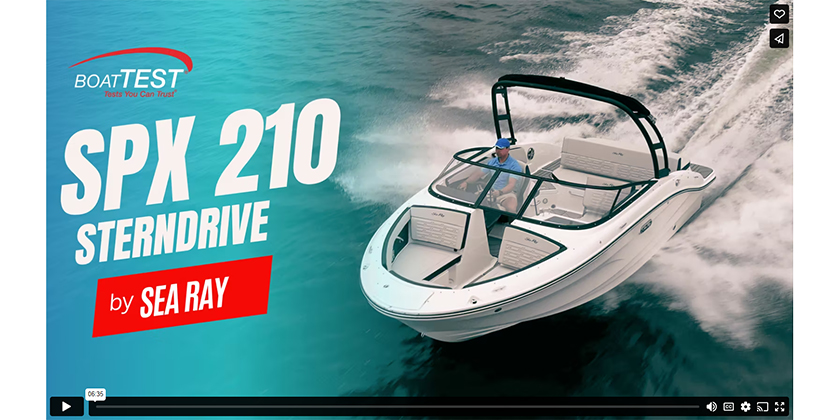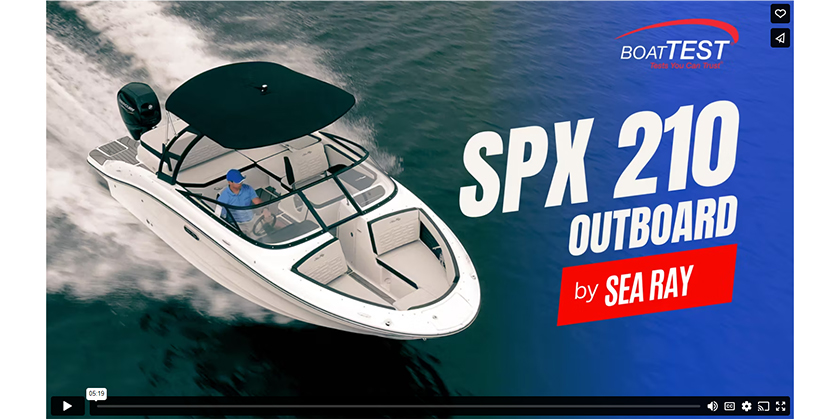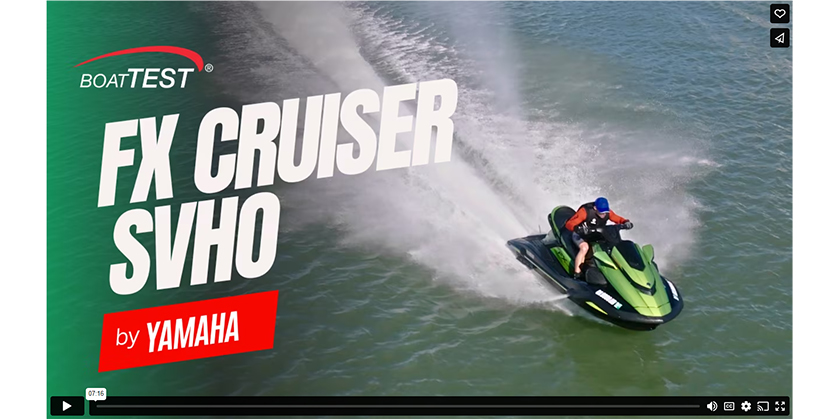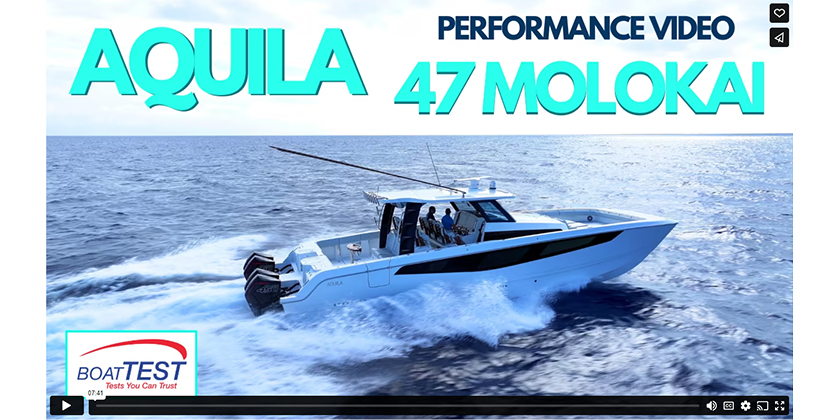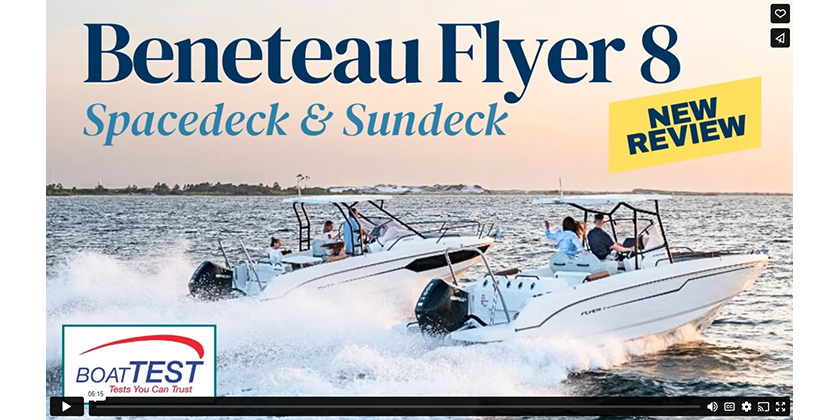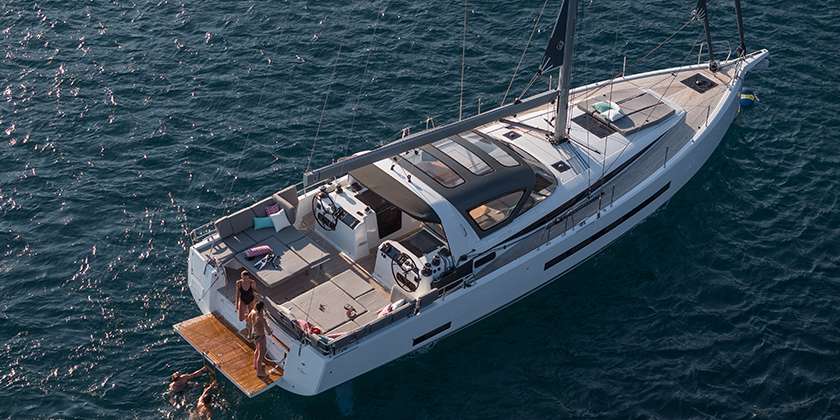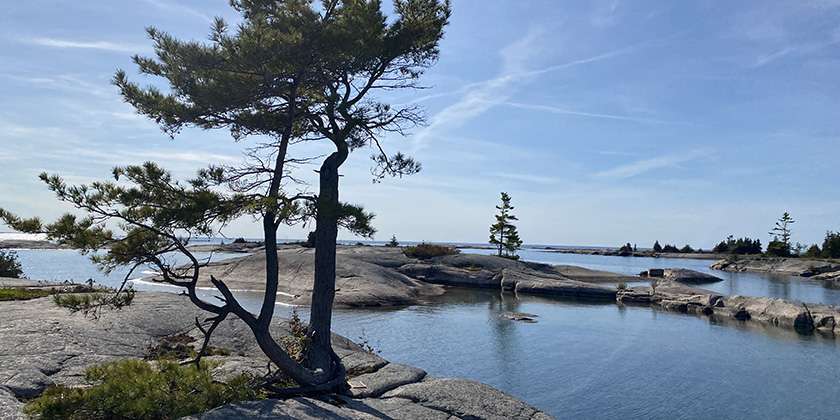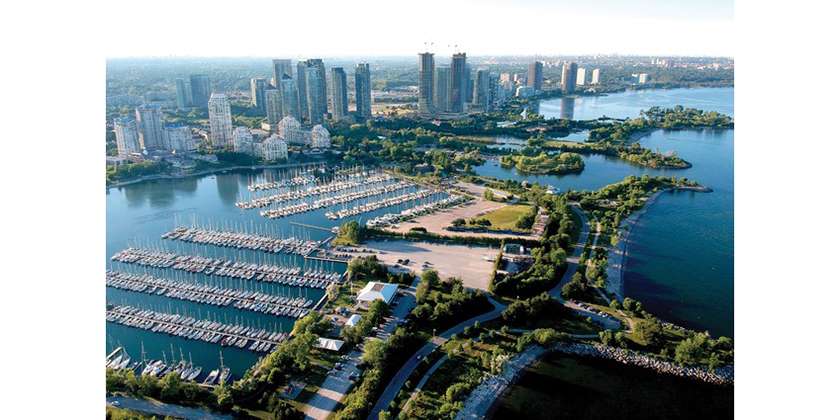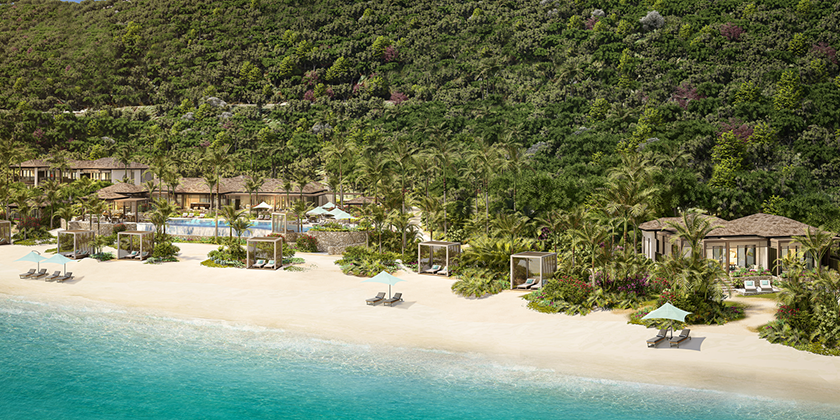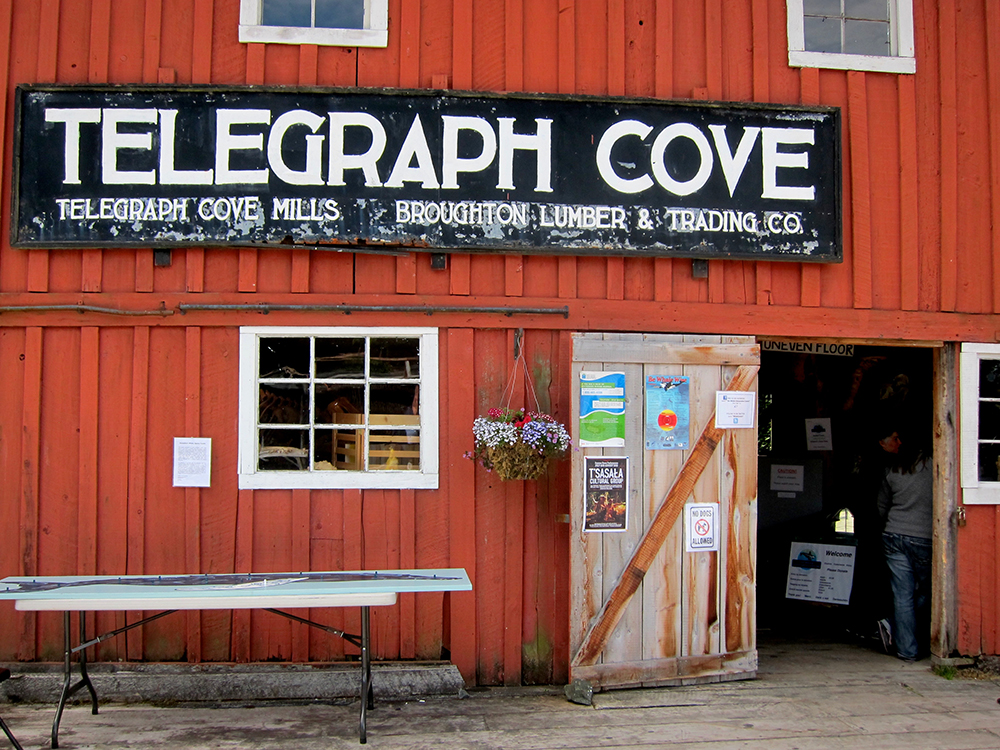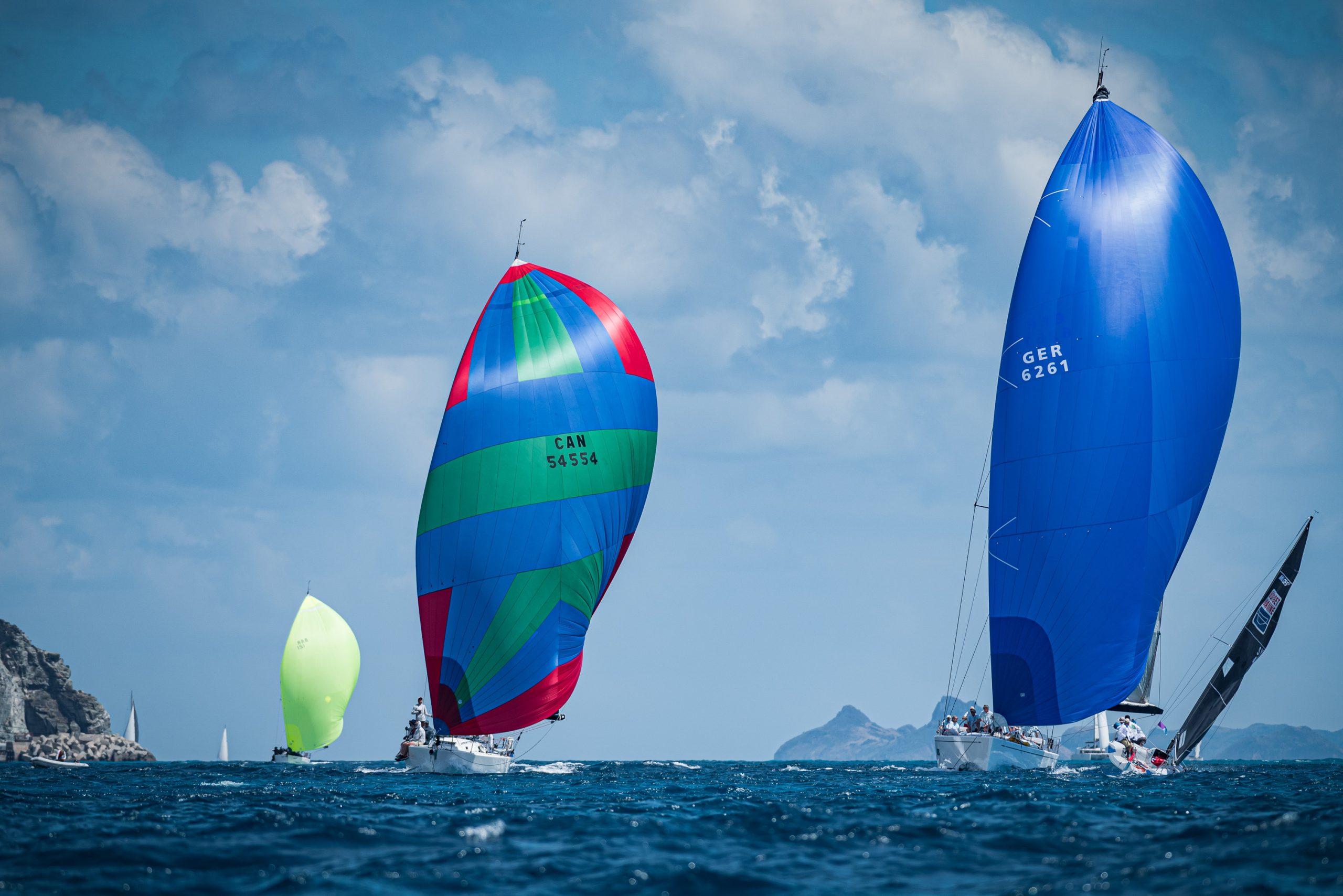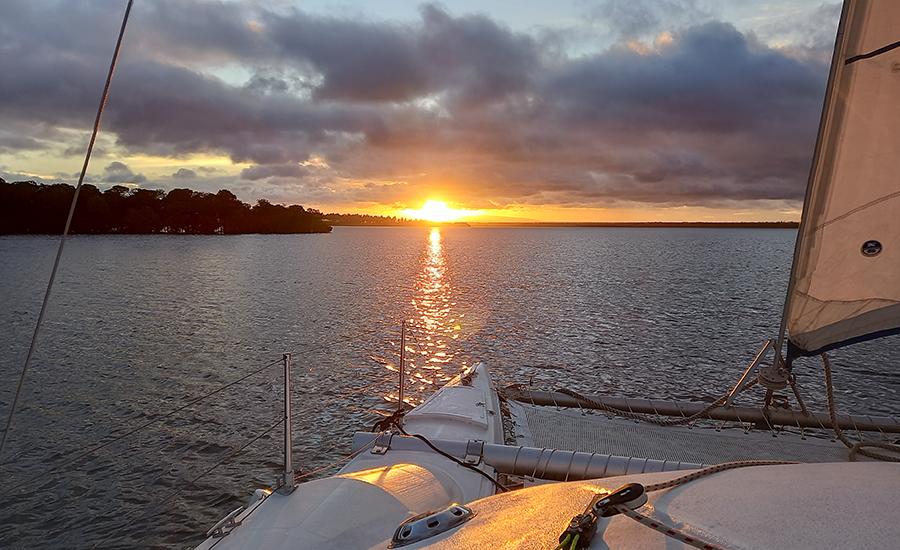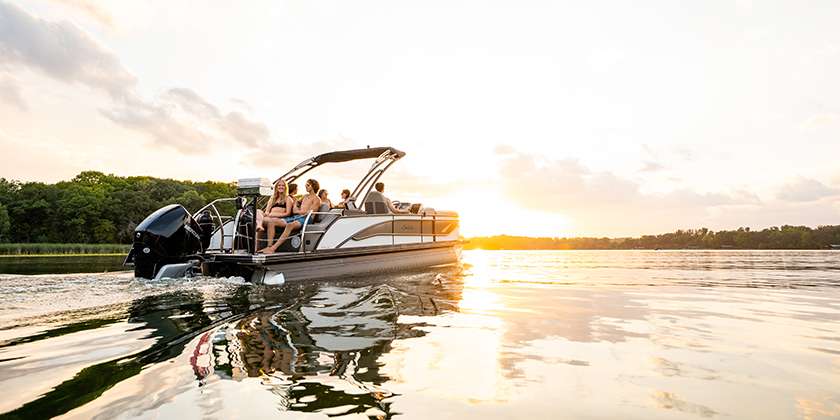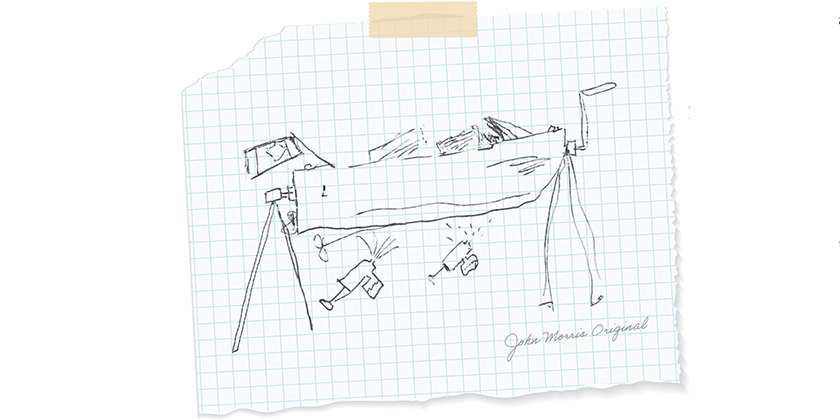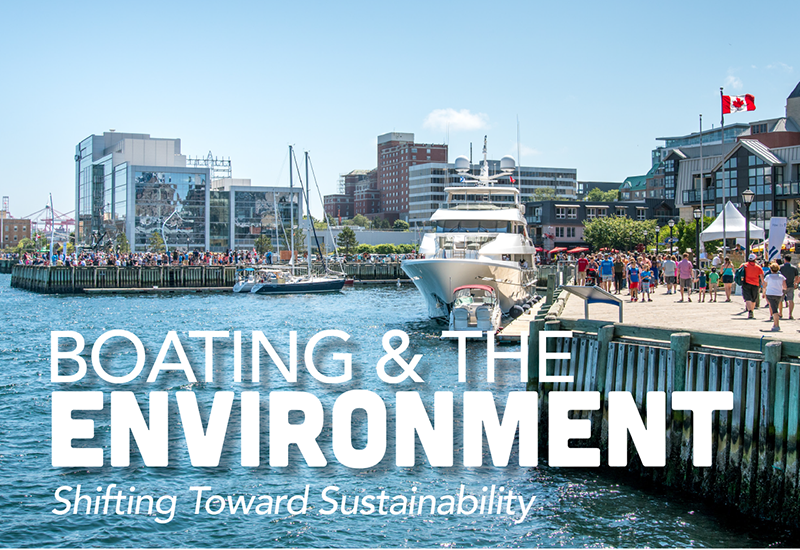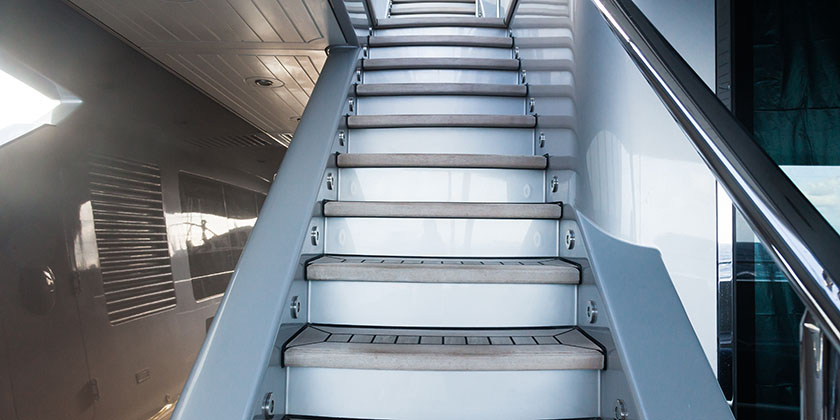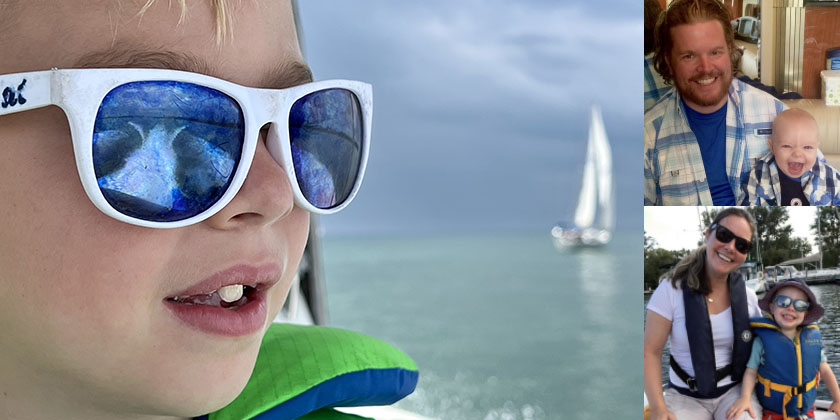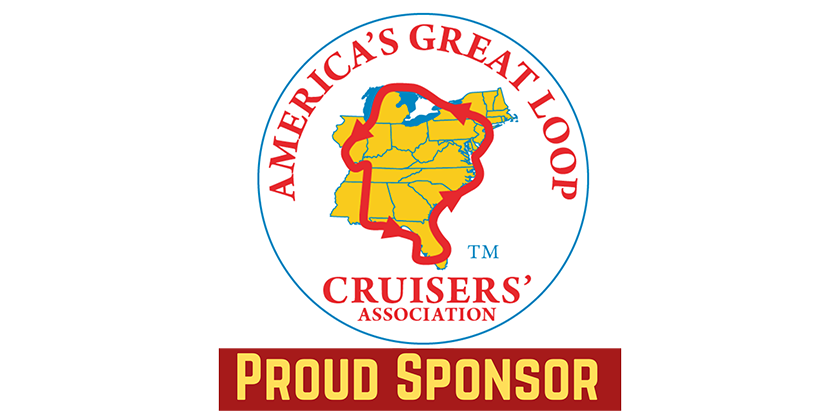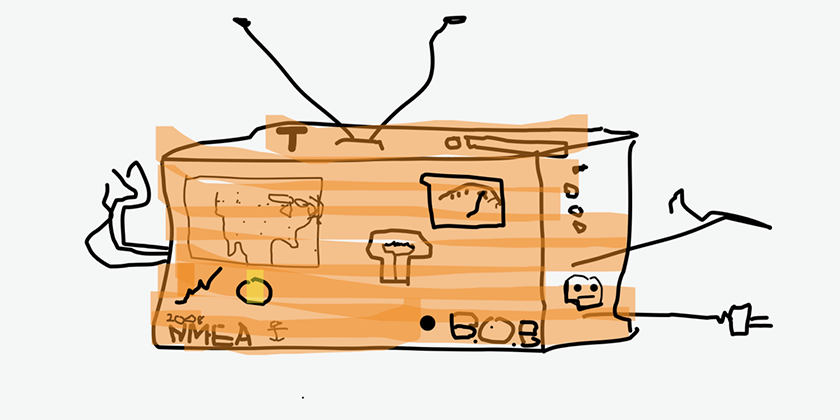Say, “Happy Father’s Day” With A PFD – Personal Floatation Device/Life Jacket
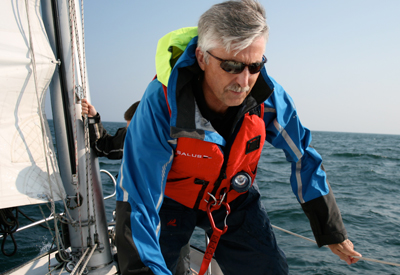
June 5, 2016
How to keep Dad afloat and safe while boating!
Boating has been an essential part of life for millions of Canadians. More than 100 Canadian men drowned last year and not all were weak swimmers according to the Canadian Safe Boating Council. Many had boated for years and most of them had lifejackets with them. The problem is, they don’t wear them. It should also be noted the ½ of the boating incidents happen on sunny, warm days.
Photo: Salus Marine Wear
When making a decision on what to give Dad this year for Father’s Day (June 19), consider giving him a new life jacket. They come in many sizes, styles, colours and pricing that’s appropriate for the type of boating Dad enjoys. And if Dad happens to be a Canadian Power and Sail Squadron member he qualifies for a 15% discount on a Salus Marine Wear Life Jacket. Orders must be placed through CPS-ECP Ship’s Store at 1-888-277-2638. Catalogue available here.
Choosing a good PFD extends beyond just colour, size, and price. Not all vests work for all people and no one vest works well for all activities.
What’s his sport?
High Speed Sports
High-speed activities, such as wakeboarding, tubing and waterskiing, or operating a personal watercraft or performance boat, can result in high-speed impacts. For these types of activities a strong secure PFD, with tough zippers and multiple straps with snap buckles, is highly recommended. Some types of PFDs are specifically designed to withstand impact with a steering wheel or handle bar. They can also help someone withstand falls when being towed. Water can be very hard when you are traveling at over 50 km/hr.
Angling and Hunting
Special PFDs have been designed for anglers and hunters. They are lightweight, comfortable and come in colours that include camouflage. They can also have many pockets and patches to hold lures and other angling/hunting accessories.
Paddle Sports
For sports that involve frequent visits to the water, such as white water kayaking, you will want a vest with lots of adjustments to create a secure fit that will eliminate in-water ride-up. A secure fit can also be achieved with leg harnesses or straps high under the arms, but arm straps can be uncomfortable when paddling and leg harnesses are not the ‘coolest’ look.
For sports that involve less frequent visits to the water, such as canoeing or sea kayaking, there are more options. Looser fitting PFDs are more acceptable for these sports and can be more comfortable. Larger armholes provide minimal interference with your paddle stroke, but in the event of going over, the looser fit may result in the jacket riding up under your chin as you’re floating. Another benefit of the looser fit is venting, which keeps the wearer cool and comfortable. If Dad is not going to be getting wet doing Eskimo rolls, venting of some kind is required to stay comfortable during long, hot paddling trips. These PFDs also tend to be a little easier on the pocketbook.
It’s the law that all Canadian vessels are required to carry a Canadian approved flotation device or lifejacket of appropriate size for each person on board. Even paddle boats and stand-up paddle boards.
This year Don’t Forget Dad and buy him the gift of safety and remind him of the benefits of wearing it. The PFD is your best friend and will keep Dad safe and afloat during the boating season.

